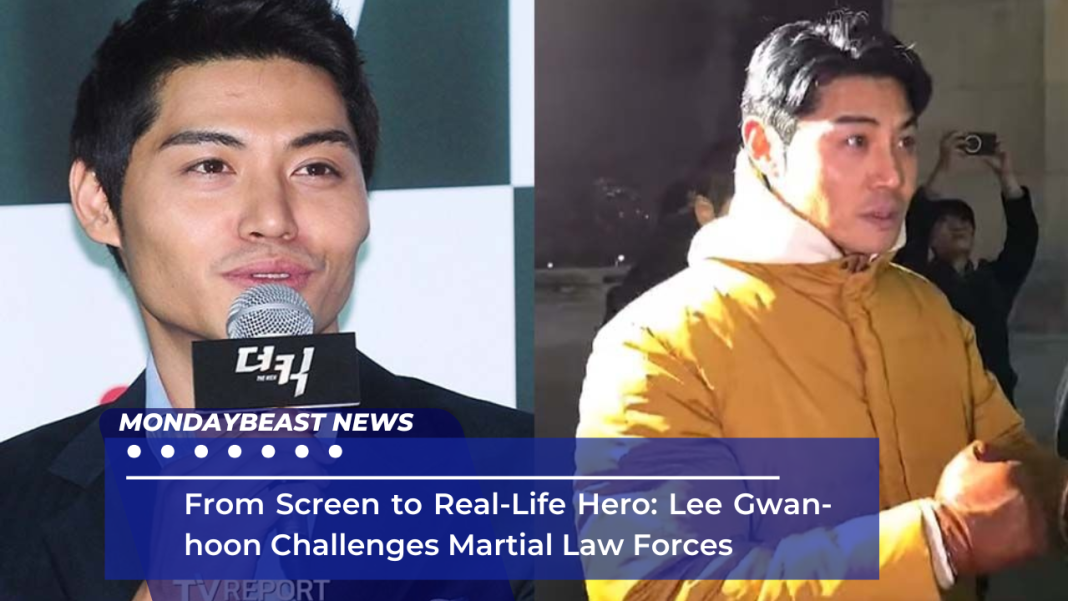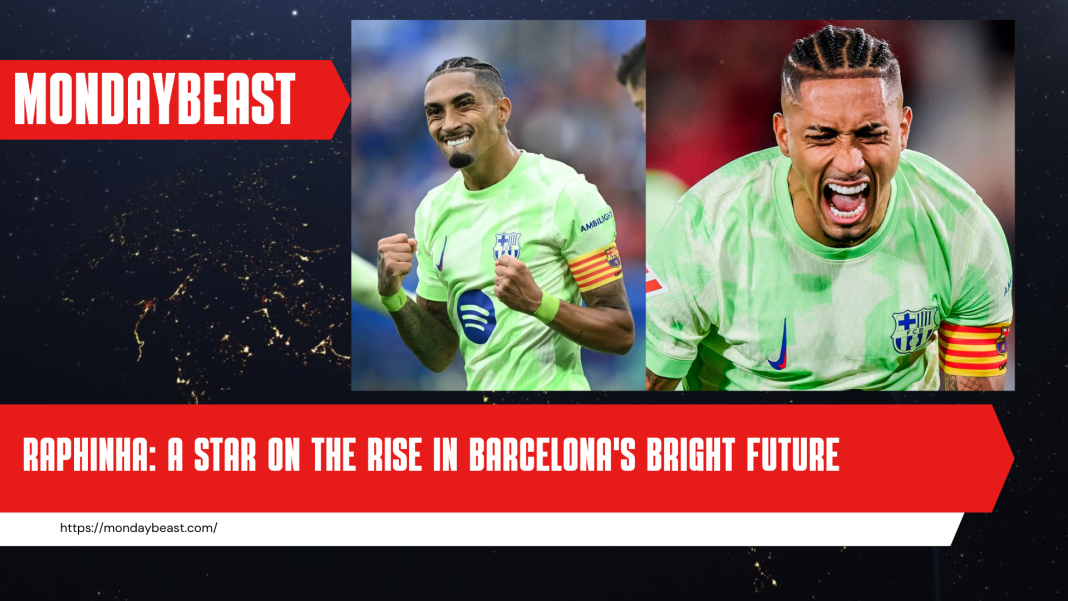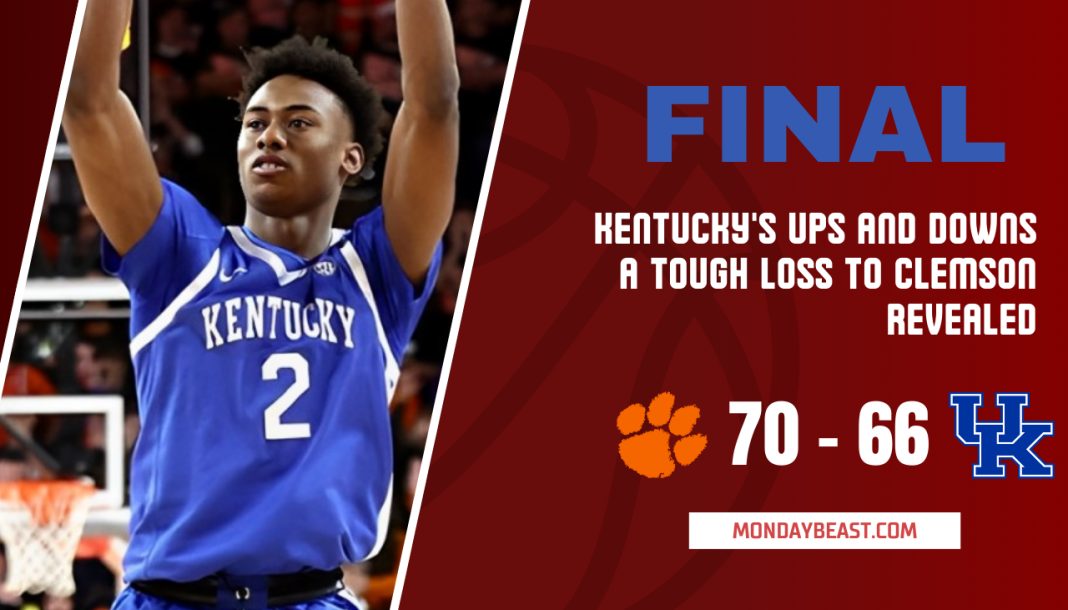In an unprecedented move, actor Lee Gwan-hoon faced the martial law forces directly. This isn’t your typical celebrity encounter; this is about a former special forces soldier confronting a tense situation. It raises many eyebrows in South Korea and beyond. How did an actor become a pivotal figure during such a critical time?
Also read
- Actor Lee Gwan-hoon Confronts Martial Law: A Call for Calm
- BTS Jin’s Amazing Journey After Military Discharge: From Olympics to Jimmy Fallon
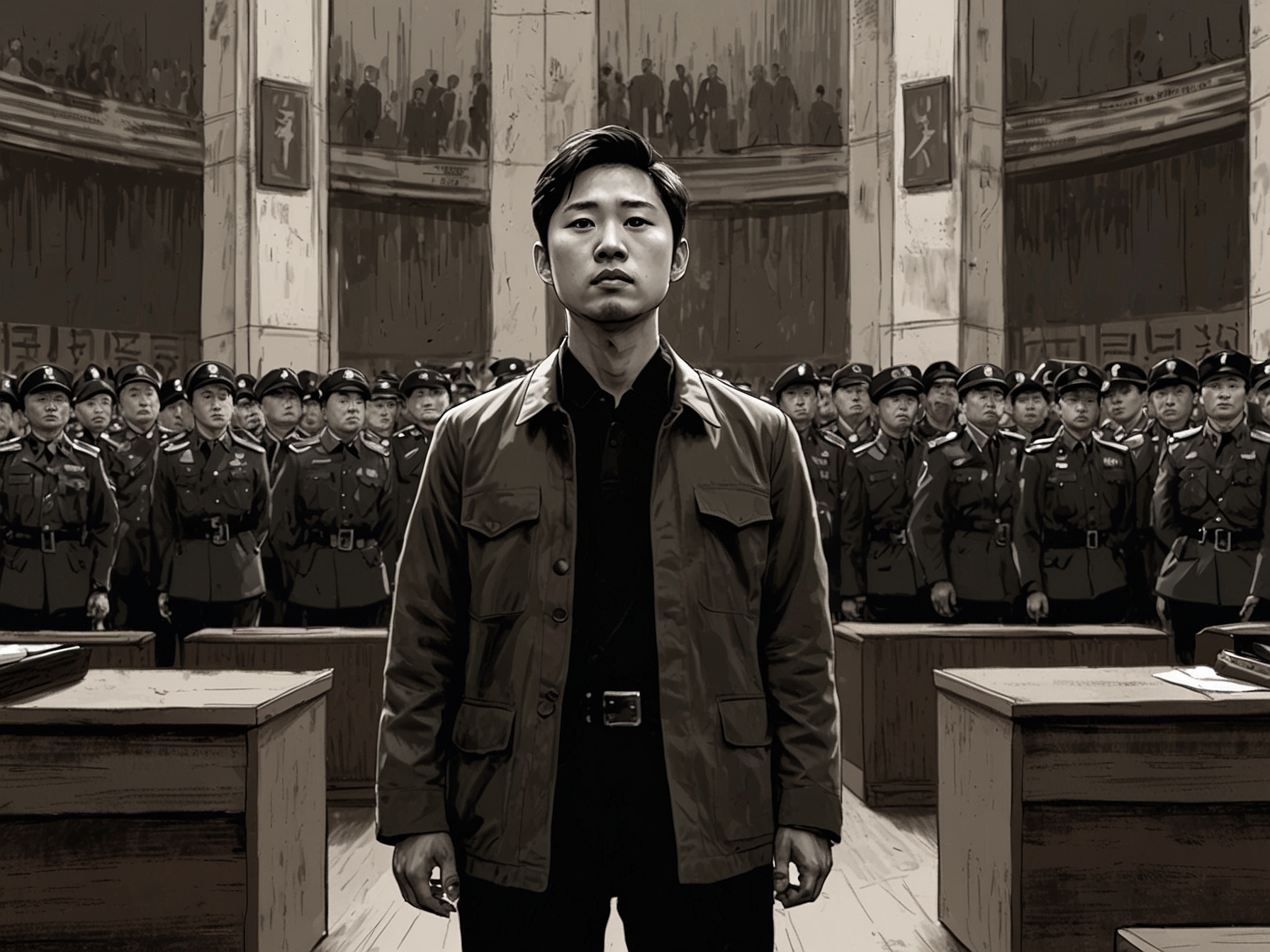
Lee Gwan-hoon entered the National Assembly as soldiers gathered. Channels buzzed with excitement as he stood before them, sharing his perspective. He began with a simple yet powerful line, “I’m a senior from 707. You’re from 707.” This approach was relatable, grounding a chaotic atmosphere in familiarity and respect.
His words echoed in the chamber as he continued, urging them to calm down. He shared personal anecdotes of friends and classmates. What drove him to this? Was it loyalty to his comrades, or was it passion for peace in a boiling crisis? The ball was rolling, and the atmosphere shifted.
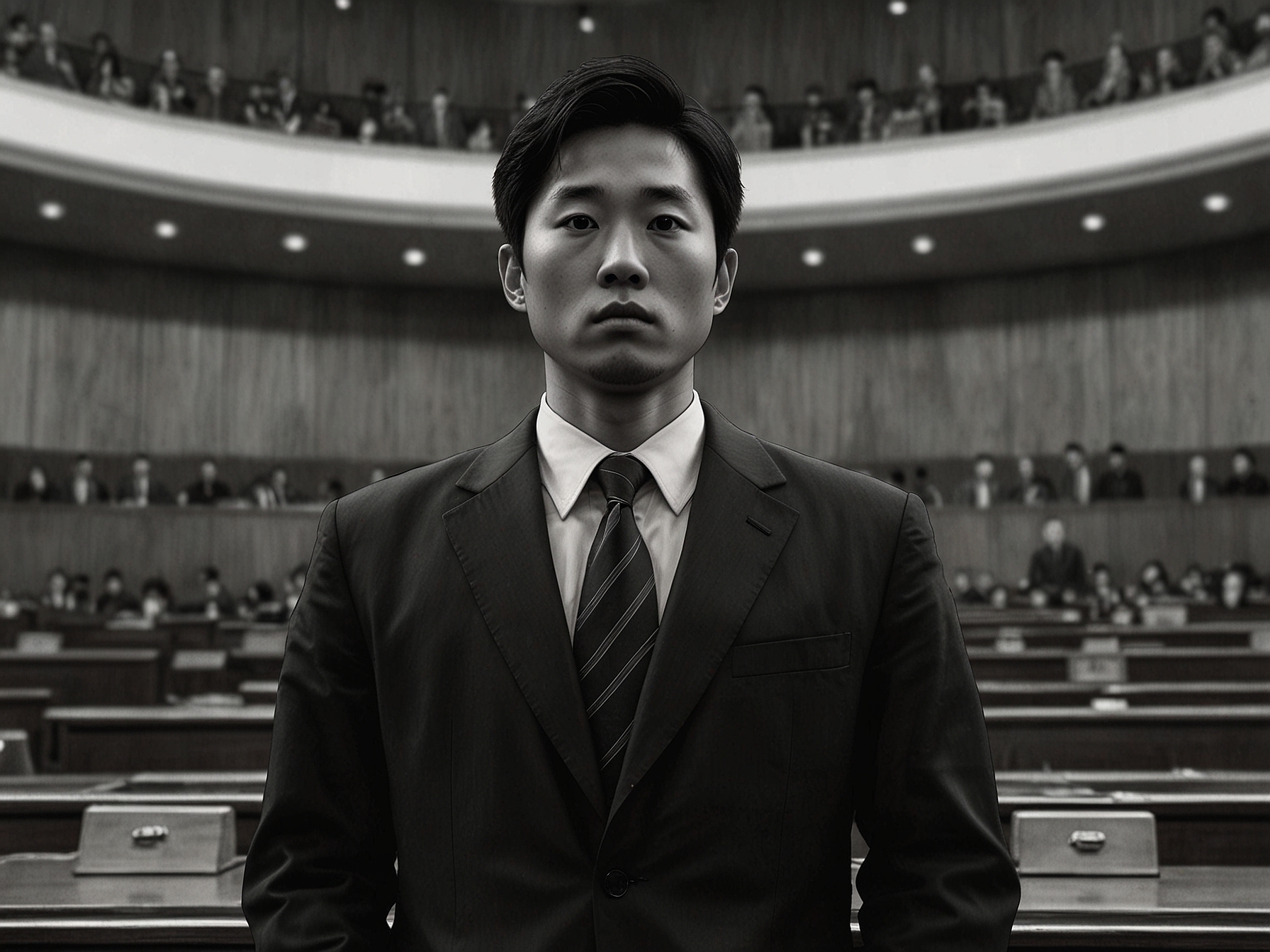
The backdrop of martial law makes this moment even more critical. President Yoon Seok-yeol declared it on the night of the 3rd, and concerns loomed large over stability. Lee understood this pulse; his past as a bombing trooper in the 707th Special Mission Group set the stage for his deep understanding of crisis. He had faced danger before, yet here he stood, attempting to instill reason amidst turmoil.
The martial law forces were hearing from a familiar voice. It wasn’t just an actor feeding lines; Lee was a respected figure, a sergeant who had been on missions that shaped national security. His sincerity shone through when he said, “I believe you’ll all make your own judgments.” Powerful, right? This was a call to human decency, to a sense of duty beyond orders.
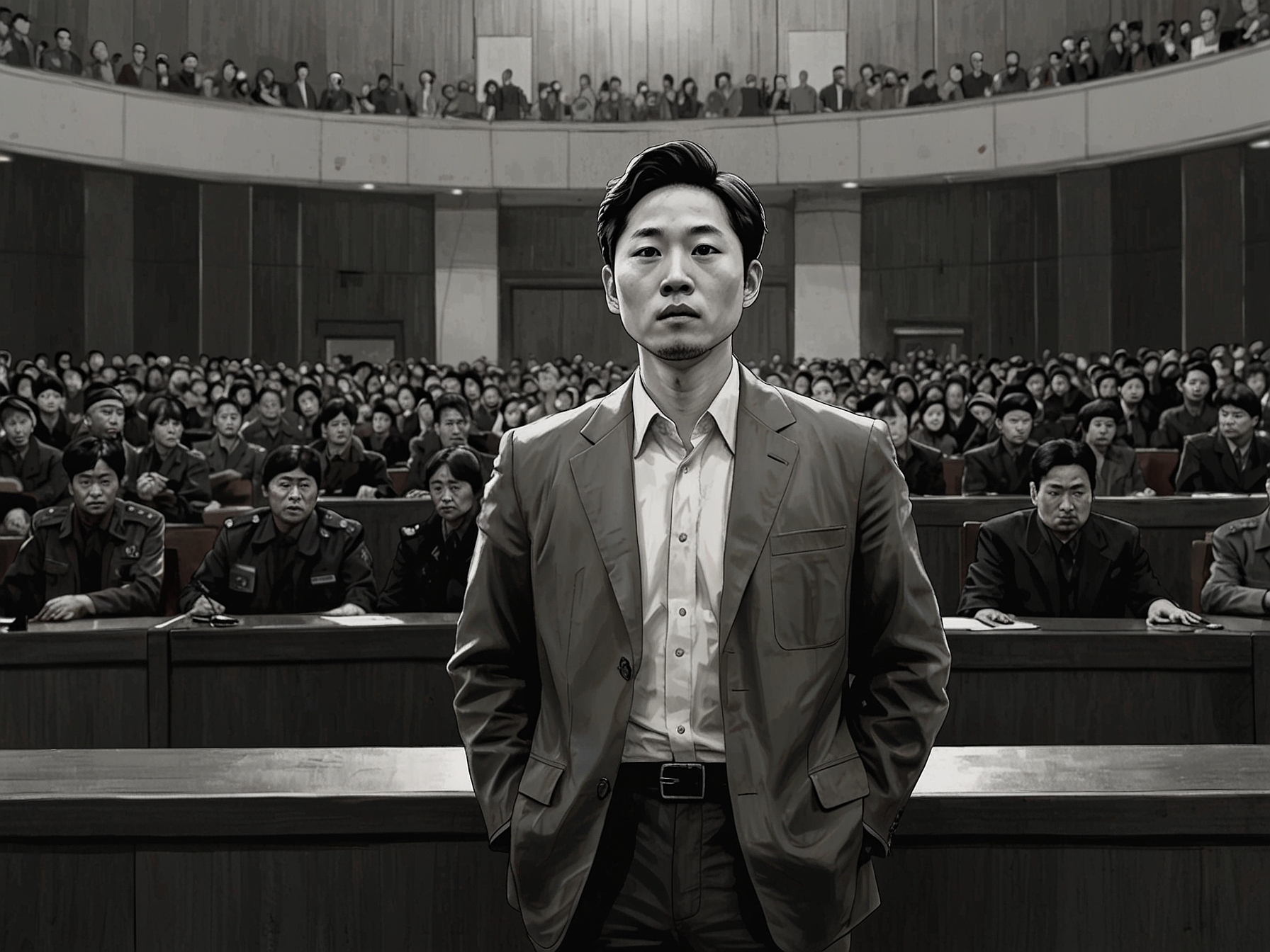
It’s fascinating to see how a former soldier navigated his dual identity. Post-military, Lee became immersed in acting. Debuting in 2007, he quickly adapted to the limelight while carrying the weight of his past. His roles have often highlighted strength and resilience; from “Big Issue” to “Hwarang,” Lee has portrayed diverse characters.
Yet, now he stood not just as an actor, but as a bridge between authority and the people. His journey from the battlefield to the screen is a testament to transformation. Would any of us be brave enough to confront armed forces head-on? His pursuit of peace amidst potential conflict is an inspiration, posing a powerful question to every individual about their role in turbulent times.
In less than six hours, martial law was lifted. The National Assembly voted overwhelmingly against it, showing the public’s resolve. Was Lee’s intervention a catalyst in that rapid change? Perhaps part of the answer lies in the conversations sparked by his actions.
As the chaos subsided, Lee’s bravery did not go unnoticed. People began reflecting on the nature of authority and resistance. In a world filled with noise, it’s crucial to pause and admire those who dare to stand up for calm, sense, and reason.
What does this mean for Lee Gwan-hoon? It signals a new chapter of influence, one that blends his acting career with real-world implications. The actor’s journey reminds us that those who have been in the trenches can offer unique perspectives. As viewers digest this dramatic scene, it raises a more profound thought: can art and action coexist to challenge the status quo?
In conclusion, Lee Gwan-hoon embodies the complexities of modern citizenship. He is more than an actor; he is a storyteller, an influencer, a veteran. His actions spark a conversation about the responsibilities we each hold in moments of crisis. Here’s to hoping we all find our voice, much like he has.

